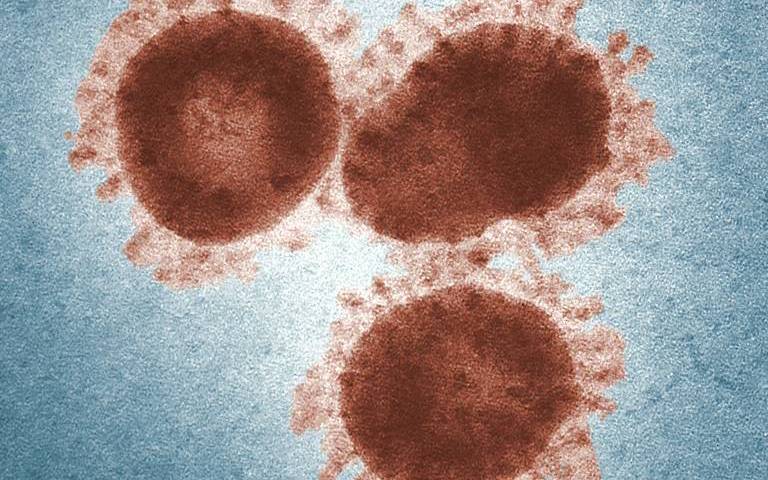AstraZeneca and UCL: discovering why age affects our immune system
Our immune response becomes less effective as we grow older. Thanks to this collaboration, we now understand how the body reacts, paving the way for new treatments for disease.

21 October 2020
An interdisciplinary team from the Division of Medicine and Division of Infection & Immunity worked with AstraZeneca. Together, they found that immune responses in the elderly can start normally, but then struggle to switch off.
Our immune system protects us from infection, cancer and injury, and tends to get weaker with age. This is because macrophages (cells that clean up organs during immune responses) lose their ability to eliminate dead cells. The resulting immunological debris can hamper wound healing and cause autoimmunity.
Researchers found that a molecule called p38, a regulator of cell function, was continually activated in the macrophages of older people. This made them less able to clear the dead cells. Elderly individuals were given losmapimod - a drug provided by GlaxoSmithKline - which inhibits p38. It improved their macrophage function, strengthening their immune systems.
Prof. Gilroy (UCL Division of Medicine) said: “The immediate application of these findings and our next programme of research is to investigate the use of p38 inhibitors to accelerate delayed wound healing, a common complication of old age. Additionally, we think targeting p38 in wound healing has merit in diseases such as cancer and metabolic diseases.”
Further reading
UCL News story: Immune response in the elderly can struggle to switch off
 Close
Close

